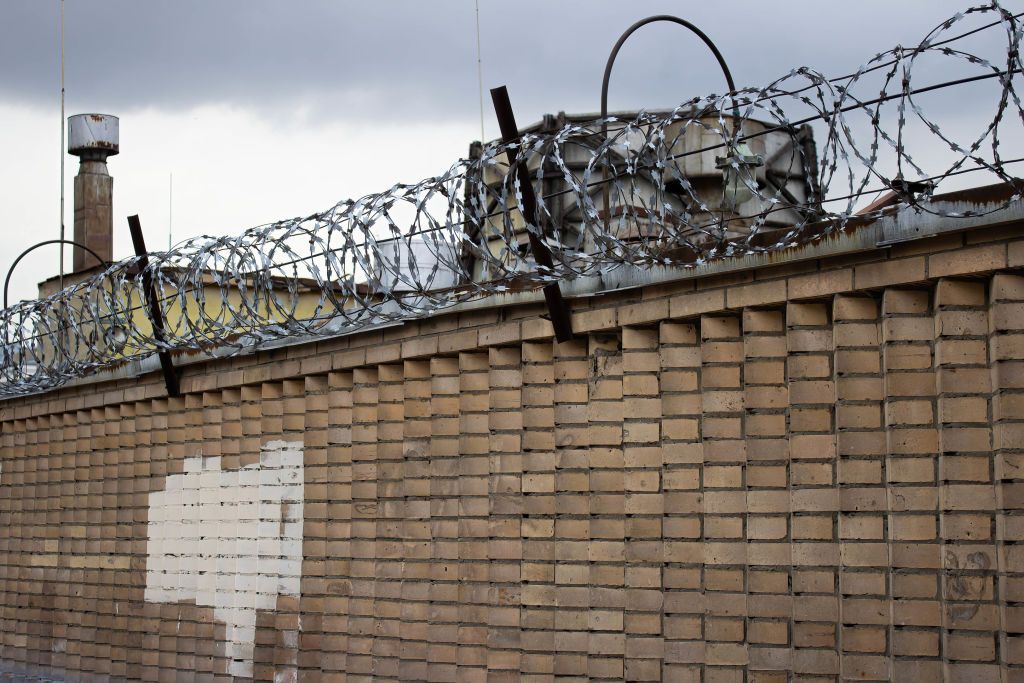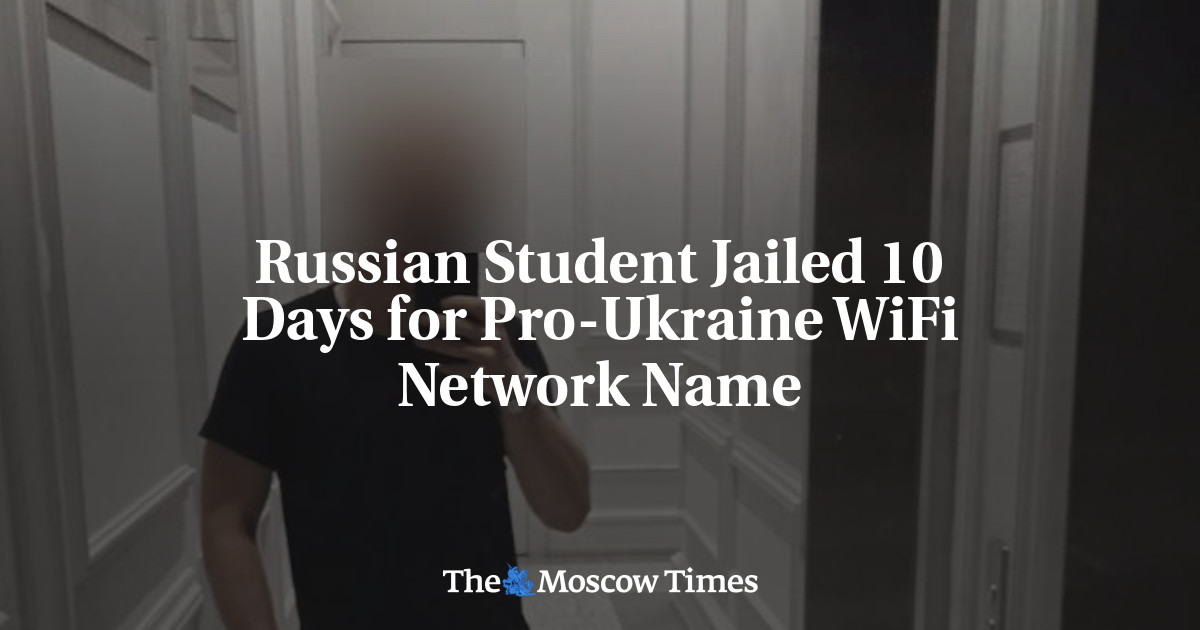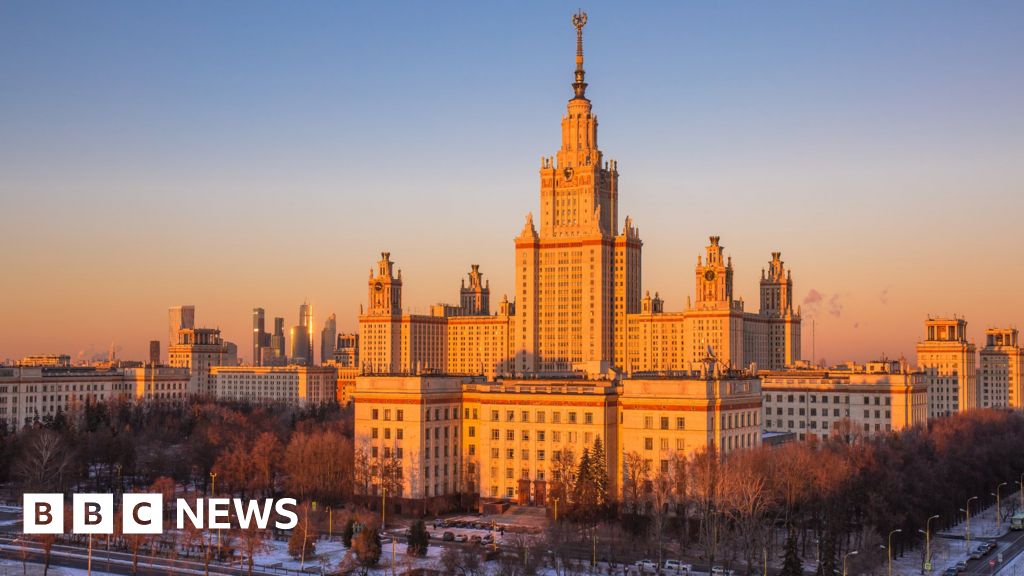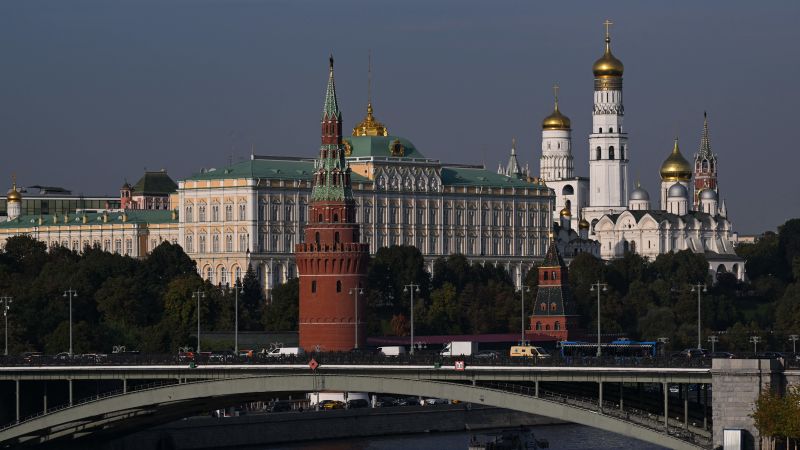A Moscow State University student has been sentenced to 10 days in jail for renaming his Wi-Fi network with a pro-Ukraine slogan.

Also Read: US House Panel Advances Bill Potentially Banning TikTok
The student, identified as Oleg Tarasov, made the decision to change his Wi-Fi network name to “Slava Ukraini” (Glory to Ukraine), a rallying cry for supporters of Ukraine during Russia’s war against its neighbor. This act quickly turned into a legal ordeal for Tarasov.
Tarasov was found guilty of propaganda and displaying “Nazi symbols” by the Nikulinsky District Court of Moscow.
The court’s ruling exemplifies the draconian measures taken by Russian authorities to suppress any form of dissent, no matter how small.
Since Putin’s full-scale invasion of Ukraine, dissent has been outlawed, with more than 260 individuals currently serving jail terms for crimes related to opposing the war.
The case of Tarasov is just one example of the thousands of individuals who have faced legal consequences for expressing their views.
Since Russian President Vladimir Putin’s war on Ukraine began, dissent has been outlawed. More than 260 people are currently serving jail terms for anti-war stances, according to Russian human rights group OVD-Info.
Critic Alexei Navalny has made it worse for the government’s crackdown on dissent. Mourners who gathered to pay their respects to Navalny were met with heavy-handed tactics from authorities, with hundreds reportedly detained for simply laying flowers in his memory.
Russia is on the cusp of a tightly-controlled election, in which Putin is expected to extend his rule into the 2030s.
Also Read: Sweden Officially Joins NATO as Alliance’s 32nd Member
The exclusion of anti-war candidates from the electoral process shows the lack of political freedom in the country.
The sentencing of Tarasov has got condemnation from international human rights organizations, who decry Russia’s flagrant disregard for freedom of expression.
Amnesty International has documented the use of repressive laws to silence dissenting voices, with thousands facing imprisonment and fines for speaking out against the war in Ukraine.
The slogan “Slava Ukraini” holds deep importance for supporters of Ukraine, serving as a patriotic rallying cry against Russian aggression.
Its use as a Wi-Fi network name by Tarasov highlights the power of symbolic gestures in the face of authoritarianism.
Putin has repeatedly peddled baseless claims about a neo-Nazi regime in Ukraine to justify his invasion. The court’s characterization of Tarasov’s actions as promoting Nazi symbolism shows the government’s efforts to demonize any expression of solidarity with Ukraine.
Tarasov’s case is an example of the many ordinary Russians who have been ensnared in the government’s crackdown on dissent.
The fear of reprisal has created a climate of self-censorship, where even the most innocuous acts of resistance can lead to imprisonment.
Amnesty International’s report from the previous year reveals the repression in Russia, with over 21,000 people targeted by repressive laws aimed at silencing critics of the war.
Also Read: Polish Farmers Protest Against EU Rules and Ukrainian Imports























